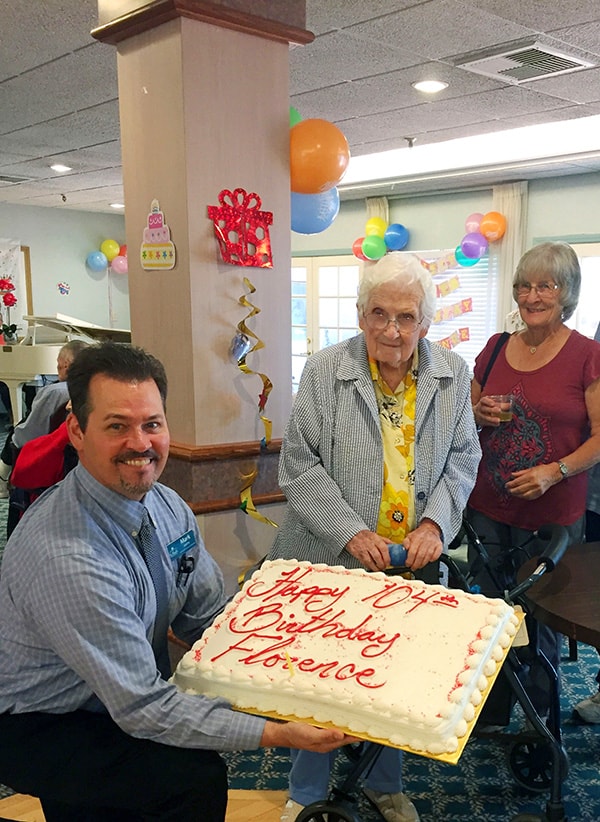

Recognized as a Top San Diego Assisted Living Community in Southern California by the San Diego Union-Tribune, The Villa on Bankers Hill offers a beautiful setting for assisted living and memory care just two blocks from Balboa Park. We provide vital services, including diabetic care, medication management, and assistance with personal grooming and dressing. Our inviting atmosphere features private apartments and bathrooms, along with round-the-clock nursing staff and a dedicated memory care area.

Understanding Memory Care Needs When considering memory care facilities for a loved one with Alzheimer's disease or another type of dementia, it's crucial to understand their specific needs. Memory care is a specialized form of long-term care designed to meet the unique challenges faced by individuals with memory impairments. These facilities provide a safe environment, structured activities, and support services tailored to those living with cognitive decline. Knowing the level of assistance and medical attention your loved one requires will guide you in selecting the most suitable facility.
Researching Local Options Begin your search by researching local memory care options. Proximity can be important for frequent visits and involvement in your loved one’s daily life. Utilize online resources, such as directories and review sites, to create a list of potential facilities. Additionally, seek recommendations from healthcare providers, friends, or family members who have faced similar decisions. Gathering firsthand experiences can offer invaluable insight into the quality of care provided by various establishments.
Evaluating Services and Amenities Once you have identified nearby memory care communities, evaluate their services and amenities carefully. A high-quality facility should offer comprehensive care plans that cater to individual needs, including assistance with daily tasks and medication management. Look for communities that provide stimulating activities designed to preserve cognitive function and enhance well-being. Consider also the physical layout; secure outdoor spaces and easy-to-navigate interiors can significantly impact residents' quality of life.
Visiting Facilities In Person After narrowing down your choices based on research, arrange visits to each facility on your shortlist. Observing daily operations firsthand is critical in assessing whether a community feels warm and welcoming or cold and institutional. During these tours, pay attention to how staff members interact with residents—are they patient and compassionate? Assess cleanliness levels throughout the residence areas as well as dining facilities — an indication of overall maintenance standards.
Assessing Staff Qualifications The expertise and demeanor of the staff at a memory care facility are paramount to providing top-notch care for residents with dementia-related conditions. Inquire about staff qualifications: Are they trained specifically in dementia care? What ongoing training opportunities do they have? It's also essential that there is sufficient staffing around-the-clock so that each resident receives attentive service without feeling neglected at any point during their stay.
Making an Informed Decision Choosing the right memory care community involves balancing practical considerations—such as cost—with emotional factors like comfort level and perceived quality of life improvements for your loved one. Before making this significant decision, take time to discuss options with other family members if possible; it can be beneficial to gather multiple perspectives on what constitutes an ideal fit for your relative’s requirements.
Remember that transitioning someone into memory care is not just about finding a place where they will live—it's about finding them a supportive environment where they can thrive despite their cognitive challenges.
| Facility Name | Description |
|---|---|
| Autumn Leaves Memory Care | Specializes in caring for individuals with Alzheimer’s and other memory-related conditions. |
| Brookdale Memory Care | Offers dedicated memory care programs with trained staff and secure environments. |
| Amedisys Memory Care | Provides personalized care and support for individuals with memory impairments. |
| Silver Creek Memory Care | A memory care community focused on enhancing quality of life for residents. |
| Memory Care of the Rockies | Offers a comprehensive approach to memory care, focusing on comfort and dignity. |